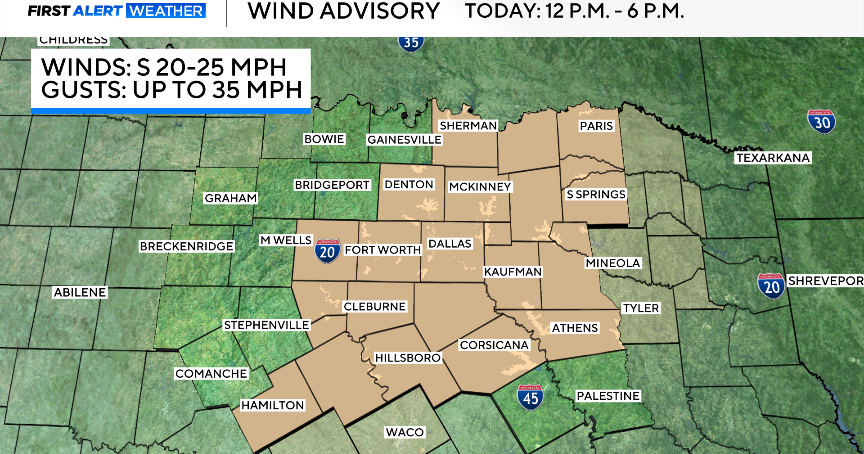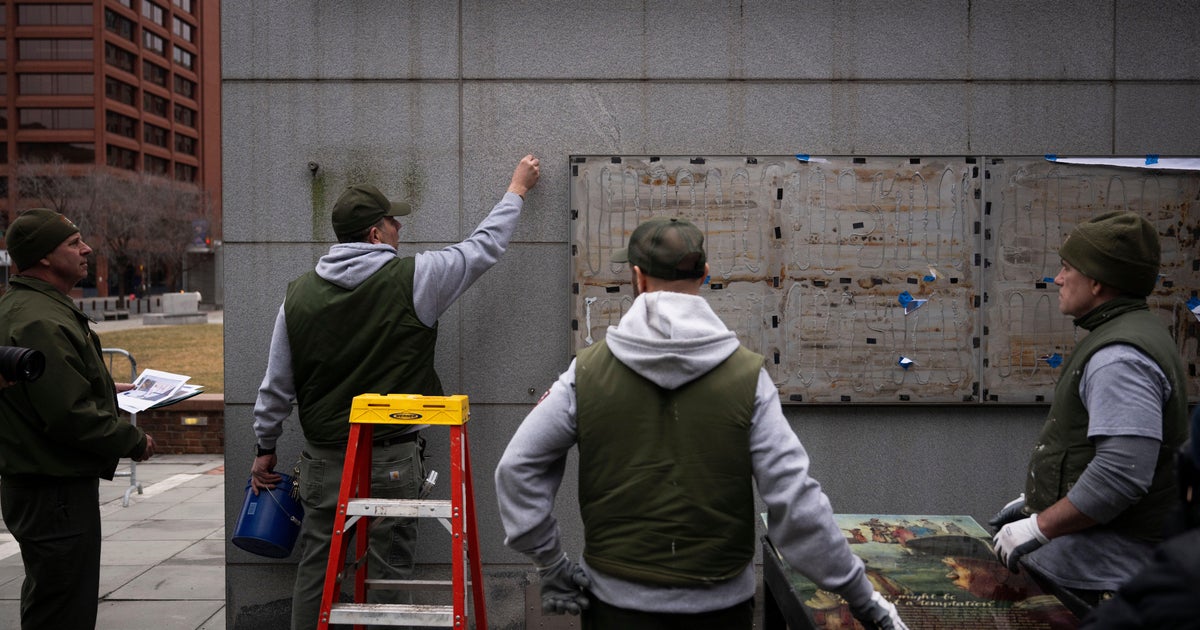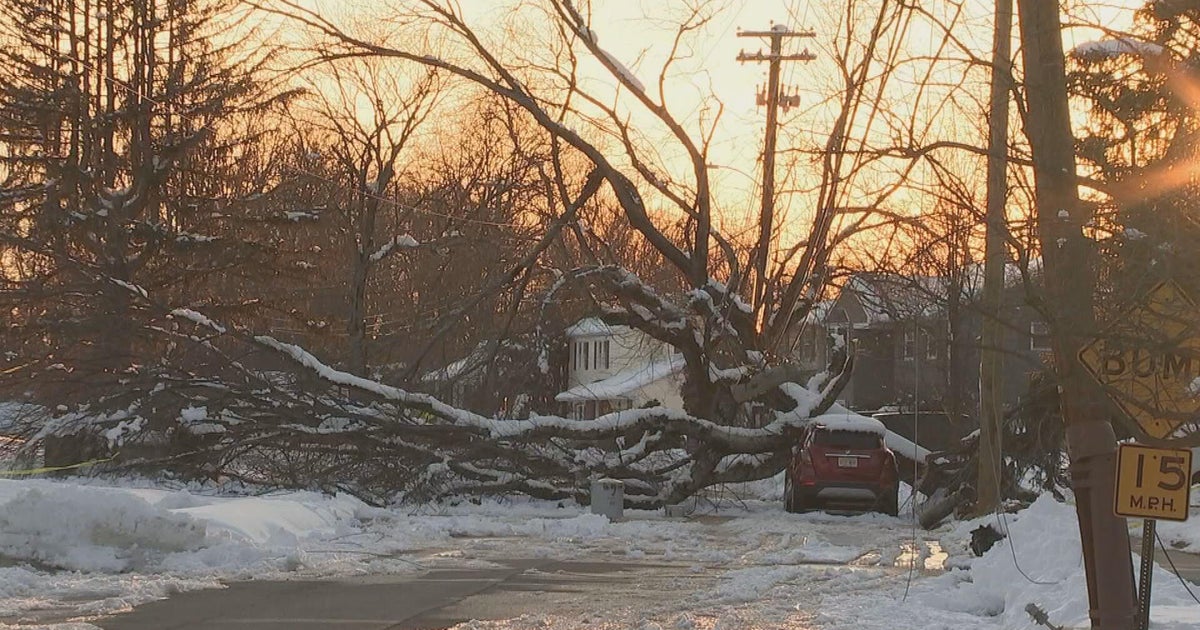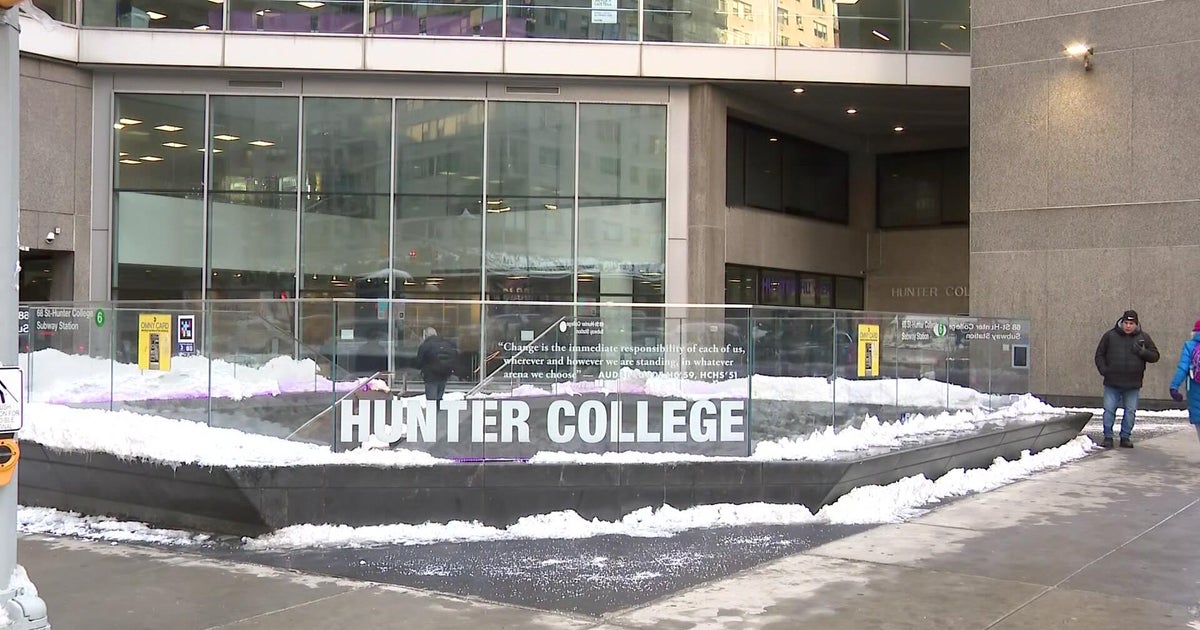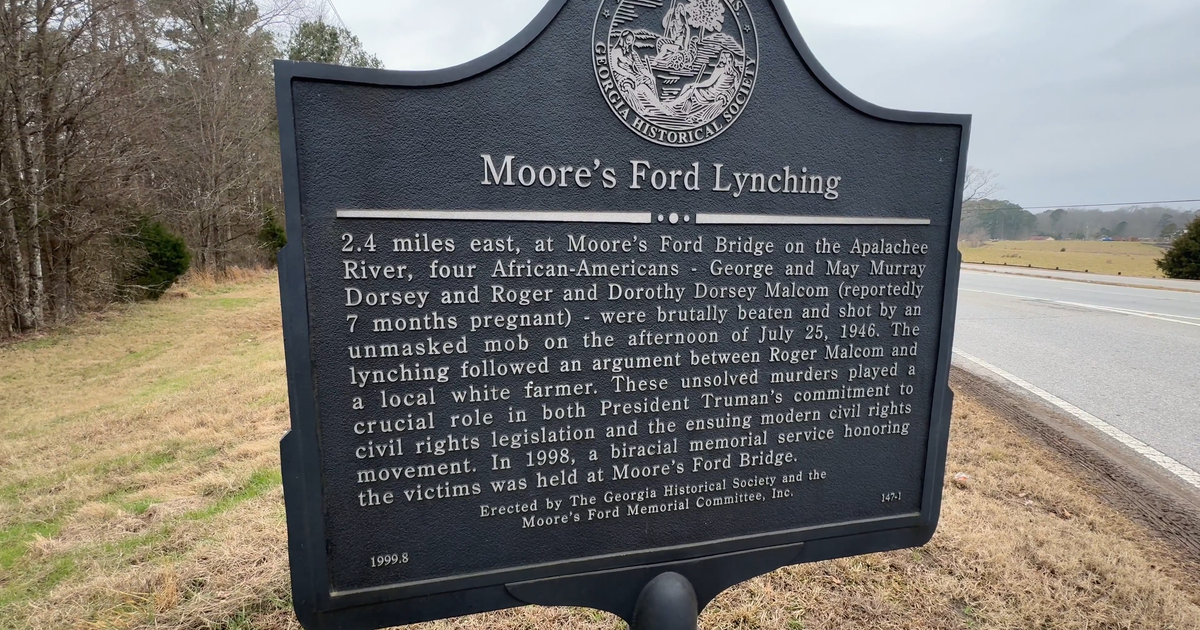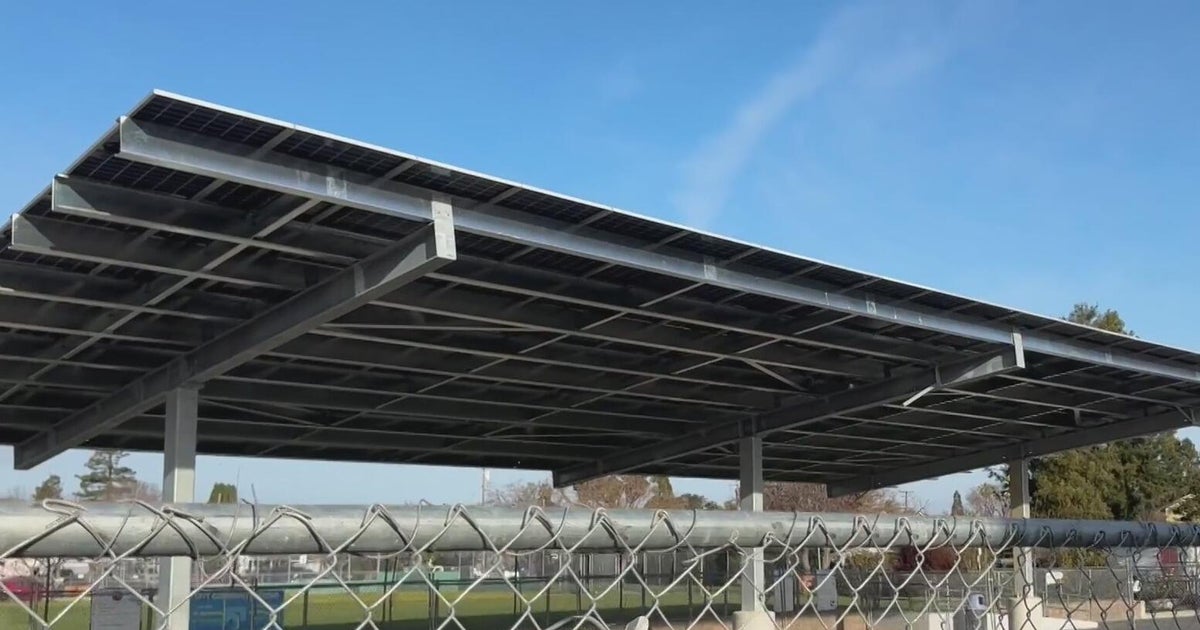Is your home ready for the new century?
NORTH TEXAS - The climate is changing. It is getting hotter. Even the hot days are getting hotter.
Let me give you an example: The weather history for the metroplex goes back to 1899. Over the last century (1900- 1999), about 13% of all the days that hit 100° or higher got to 105° or higher. Last summer that percentage was almost 50%.
The cost of keeping your home cool during the summer is rising, both to increase energy costs and increase heat. Is your home ready for the new century? A good start to the answer to that question is when your house was built.
Building codes for increased energy efficiency didn't even come into play until the year 2000. This mandated sticker minimum insulation rules and made homes "tighter". This means keeping the house sealed up so air can't leak in or out of the house.
Let's take insulation. If your house was built in 1999 or earlier, it likely has exterior walls with an insulation value of around R-13. Your house is also likely very "leaky", air is coming in around your windows and doors, through your ceiling, and even transferring through the wood framing that holds your house up.
All the "codes" for energy efficiency back then were rather minimal and merely part of standard building practices. Some builders were better than others.
Starting in 2000, codes got much tougher. The exterior walls have to be R-20 or higher now. Roofs have to be R-38 or higher (R value is the ability of insulation to resist the flow of heat, the higher the number the better).
Even more importantly, builders had to start sealing up the air leaks and creating thermal breaks in the framing and the walls to reduce the transfer of air and heat. This not only makes the home more energy efficient, but it also makes the home more comfortable. In a modern house, you use an air exchanger to mechanically bring in outside air that is both filtered and moderated (by temperature).
Don Ferrier is referred to as the "Godfather of Green" in Dallas building circles. He has been building energy-efficient homes since the 1980s and goes around the country giving lectures on how to do it. You can learn a lot just by walking around the homes it builds. He builds homes WAY over code requirements, and they are also super airtight. He builds to the angle of the sun, not the angle of the street. He keeps the direct sun off the windows and walls as much as possible, especially on the south and western exposures.
I talked with Evan Roberts, a code inspector with the City of Fort Worth.
He strongly believes that if your home was built before modern codes, improving the energy efficiency of your home increases not only your comfort while decreasing your energy bill, but also increases the value of your home for resell. He says you should address two traditional problems for older homes and improve your attic insulation and swap out for more energy-efficient windows. Paying close attention to air leaks in your ceiling and walls and around doors goes a long way as well. An older house can leak as much air as having a 3ft x 3ft window open in your house with the air conditioner on.
The temperatures are only going to get hotter as time goes on. No reason to wait. There are even federal programs that give you a tax break to improve your energy efficiency. It is likely money well spent for a hotter future.

